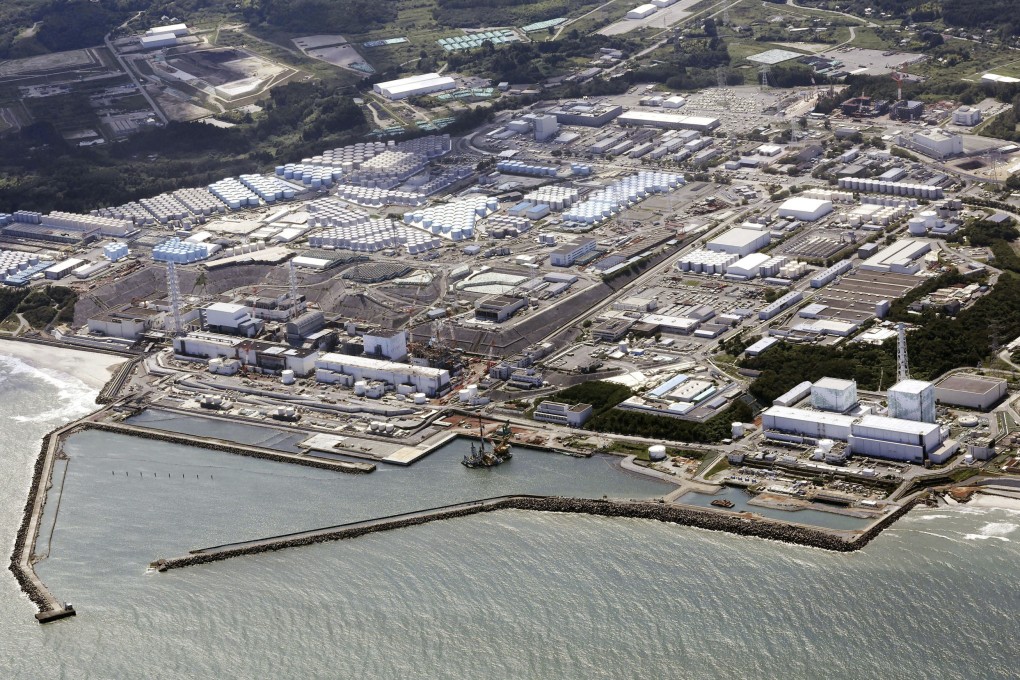Can Japan, China resolve ‘deeply politicised’ Fukushima water issue? Experts say neither side able to back down
- Accepting Japan’s position of compliance with IAEA standards would make China seem it is capitulating to Tokyo given its earlier tough stance, analysts say
- With Chinese experts reportedly demanding more in-depth water assessment, Japanese officials say they sense ‘no will on the Chinese side’ to ease tensions

The bickering between Japan and China over the release of treated water from the Fukushima nuclear power plant has continued on the sidelines of the three-way summit in Seoul with South Korea, with analysts suggesting that neither government is able to back down.
“The issue has become deeply politicised and neither side can afford to step back,” said Ryo Hinata-Yamaguchi, an assistant professor of international relations at the University of Tokyo.
“Japan’s position is that it has complied with IAEA [International Atomic Energy Agency] guidelines on data from the plant and been open in sharing that information, so it should not have to do more to please China,” he told This Week in Asia.
China was unable to accept that position “if it cannot get something in return”, Hinata-Yamaguchi said, as that would look to a domestic audience suspiciously like it was capitulating to Tokyo after taking a resolutely firm line on the issue.

Prime Minister Fumio Kishida held discussions on a number of issues with Chinese Premier Li Qiang in Seoul on Sunday, during which he “demanded” that Beijing immediately lift a ban on imports of Japanese marine products, Japanese media reported.